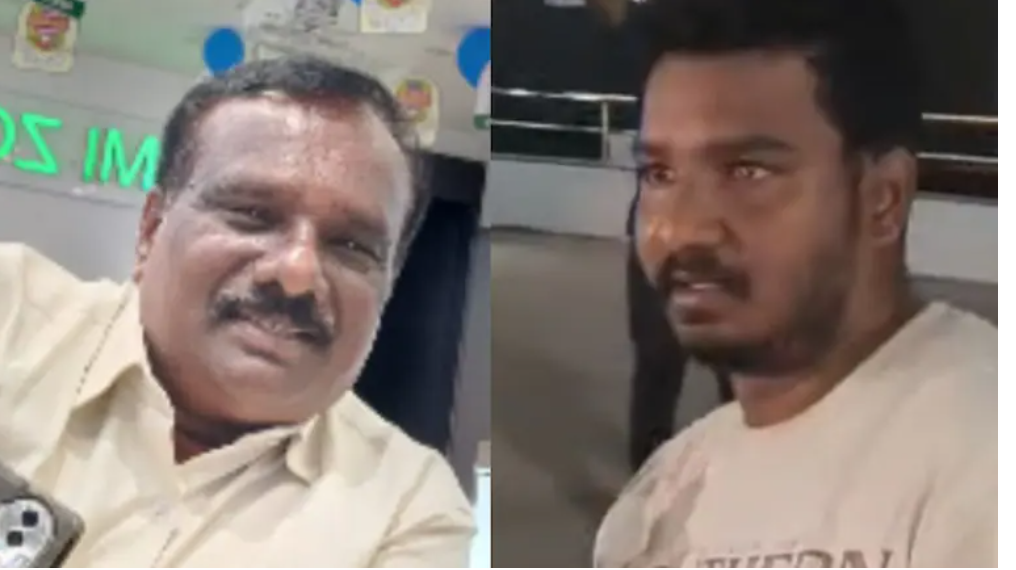A 20-year-old son of a leader from the Dravida Munnetra Kazhagam (DMK) has been arrested for allegedly mowing down four members of a family following a heated argument in Tamil Nadu’s Krishnagiri district. One person died in the incident, police said.
The deceased has been identified as Sivamoorthy, an assistant labour inspector and a resident of Krishnagiri. According to the police, the incident occurred outside his residence after the accused, identified as Adithya, objected to a two-wheeler parked on the road.
Police said Adithya was driving the car and began honking as the two-wheeler was blocking the road. Sivamoorthy and his family members reportedly stepped out to move the vehicle. During the exchange that followed, an altercation broke out.
Investigators allege that Adithya then rammed his car into Sivamoorthy, his son Kirubakaran, daughter-in-law Amsavalli and granddaughter Nilani. Sivamoorthy sustained severe injuries and later succumbed. The others were injured in the incident.
Besides Adithya, two of his friends — Rithik Kumar and Harish — who were present in the car at the time, have also been arrested. A case of murder has been registered against the trio and further investigation is underway.
Kirubakaran, recounting the incident, said the family had attempted to move the parked two-wheeler when the accused damaged it. He alleged that the men appeared intoxicated and tried to assault them with a stick before the vehicle was driven into the family.
Amsavalli said they had tried to defuse the situation peacefully but the confrontation turned violent, resulting in her father-in-law’s death and injuries to her child.
A police officer stated that Adithya’s father is a local functionary of the DMK in Krishnagiri district. The victim’s family has demanded strict action in the case.
Reacting to the incident, state BJP chief Nainar Nagendran criticised the ruling Dravida Munnetra Kazhagam, questioning the state government over the episode and alleging that party functionaries were misusing their influence.
Police said the probe is ongoing.
























